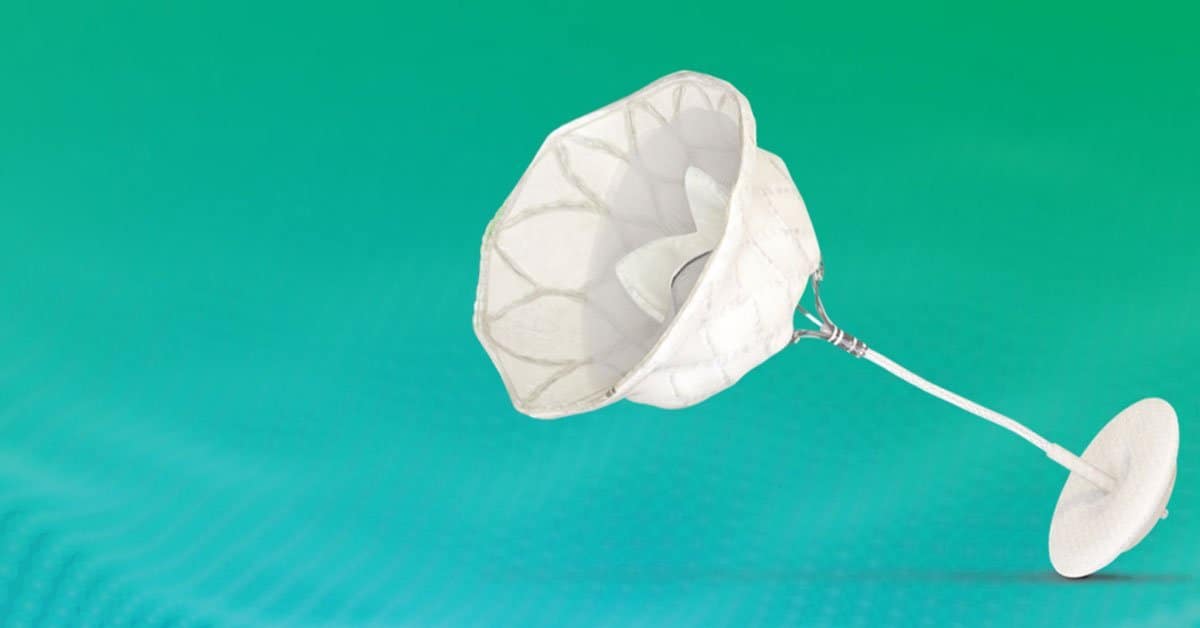Eight-year data presented at HVS 2025 suggests that SAVR valves that use Edwards Lifesciences’ RESILIA tissue have better long-term outcomes compared to non-RESILIA bioprosthetic SAVR valves.
- Both surgical and transcatheter AVRs are intended to stay with a patient for life, but over time the leaflet tissue in the replacement valve deteriorates.
- The current standard for leaflet tissue is bovine-derived and as it deteriorates, the patient’s risk of bleeding and valve regurgitation increase.
- RESILIA also comes from bovine pericardial tissue but is treated with a proprietary substance that helps prevent calcification.
The eight year data is the longest follow-up for valve tissue technology to date and comes from 947 patients in the COMMENCE and MAGNA EASE studies who received SAVR valves with RESILIA or conventional leaflets.
- Patients who received RESILIA equipped SAVR valves were more free from major bleeding (90.4% vs. 85.3%) and structural valve deterioration (99.3% vs. 90.5%) compared to Non-RESILIA valve patients.
- More RESILIA patients were free from reoperations as well (97% vs. 90.5%).
- However, there were no differences in freedom from all-cause or valve-related mortality between the two study arms.
Those results might be enough to support RESILIA’s use in SAVR valves, but the study has two caveats to consider before applying RESILIA tissue.
- Due to the long time frame of the study, its authors define structural valve deterioration using 2008 standards and not more modern VARC-3 criteria.
- If you’re wondering about the study’s implications for RESILIA in TAVR valves, complications like valve alignment and underexpansion may impact long term leaflet performance.
The Takeaway
These eight-year results are a big win for Edwards and the use of RESILIA leaflets in SAVR, since most patients who receive SAVR need the long-term durability benefit. When it comes to RESILIA for TAVR, we’ll have to wait for the results of head-to-head trials to light the way.






